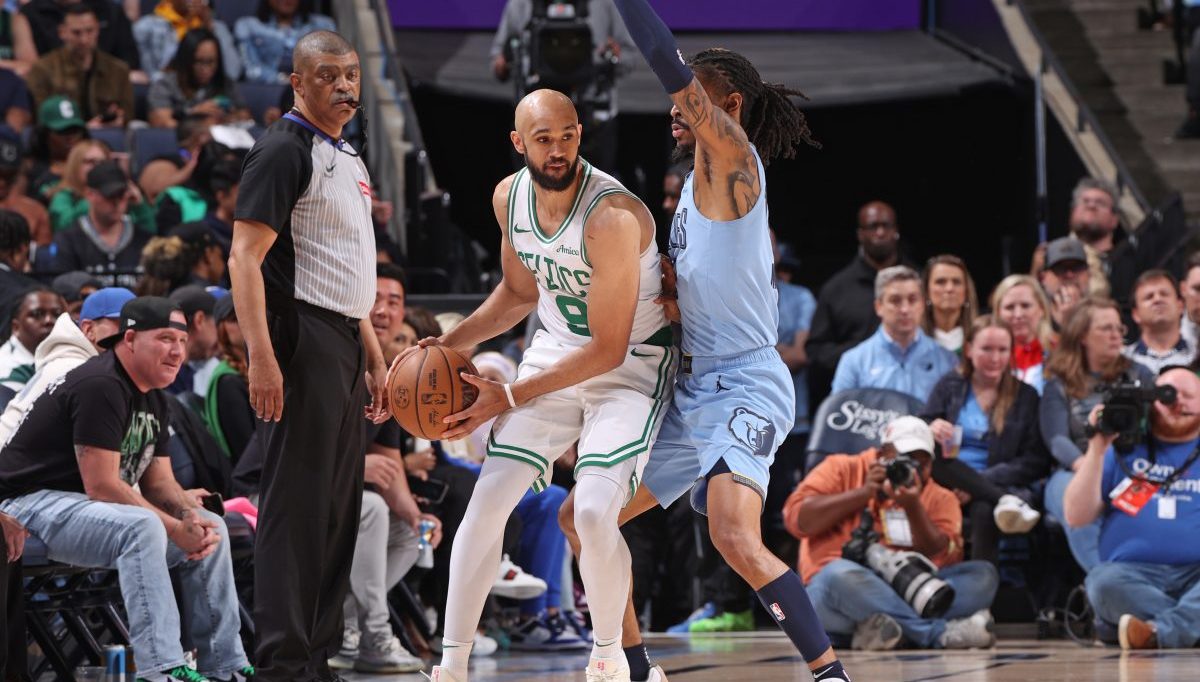While training, Drug Recognition Experts review the effects of alcohol in comparison to other drugs. While drunk drivers are subject to breath tests, the refusal of which results in a loss of license, the use of other substances can be harder to detect definitively.
In the center of the conference table is white Styrofoam cooler full of Bud Light and Harpoon. It might seem strange — sitting around a nondescript room at a local college drinking beer while several police officers watch. But these volunteers are actually helping law enforcement.
They have agreed to get tipsy, even drunk, to help officers from across the state get certified as Drug Recognition Experts — officers specifically trained to spot impairment from drugs other than alcohol in the middle of an epidemic. There are 126 among the roughly 10,000 law enforcement officers throughout the state.
"Obviously, there's a major problem with opiates," said retired police Sergeant Don Decker. "There's a major problem with cannabis. In fact, in this state, there's a major problem with depressant drugs like Valium or Xanax, and many of these people are driving."
Decker heads the Massachusetts DRE program. He says he obviously can't bring in volunteers to take heroin or abuse Valium, so for this portion of the training, beer will have to do. Eventually, the officers will head to an out-of-state jail to evaluate just-booked inmates who allegedly have drugs in their systems.
The officers are trained in a federally-recognized 12-step protocol. The need to answer three basic questions:
- Is the driver impaired?
- Is the impairment caused by a medical problem or a drug problem?
- And — after an evaluation — what category of drug is the person impaired by?
"There's over a hundred things that they look for in the DRE evaluation," Decker explained. "It's not, 'Hey, the guy's got small pupils, he must be doing heroin.' It doesn't work that way."
Local
In-depth news coverage of the Greater Boston and New England area.
The DRE evaluation happens post-arrest. The driver's been pulled over for erratic driving and perhaps appears impaired, but registers little to nothing on the Breathalyzer. Back at the barracks or police station, a DRE is brought in and asks the driver if he or she would consent to an evaluation. The officer conducts an interview, does another Breathalyzer, physical exam, field sobriety tests and looks for symptoms of drug use — for example, narcotics.
"They'd have very small pupils," said Decker. "They may have a raspy voice, they may have facial itching from being dried out. They may walk slow. Conversely to that, if somebody is snorting cocaine, doing methamphetamine, they're not going to look sedated, they're going to be pulling the engine apart at 2 a.m. and putting it back together, they're just go, go, go."
The evaluation is voluntary. With alcohol, there is consensus that anyone with a blood alcohol content of .08 is impaired, but the effects of marijuana and other drugs in a person's system are harder to measure. And there is no widely-accepted tool like a Breathalyzer for drugs. In Massachusetts if driver a driver refuses a breath test for alcohol, they automatically lose their license for at least six months. But if they refuse to let an officer evaluate them for drugs, there is no penalty. Decker believes drugged driving statutes should be brought in line with statutes for drunk driving.
"It doesn't matter," he said. "You're still impaired. Do you want to be stabbed with a butcher knife or a steak knife? Ultimately, it's going to do the same thing."
The testimony of the DREs is used to bolster the state's case in court — but defense attorneys and some judges struggle to accept their testimony as "expert" because they are not medical professionals. Decker acknowledges that the evaluations are subjective, but without a roadside drug test, says DREs are the best tool law enforcement has to get drugged drivers off the road.



